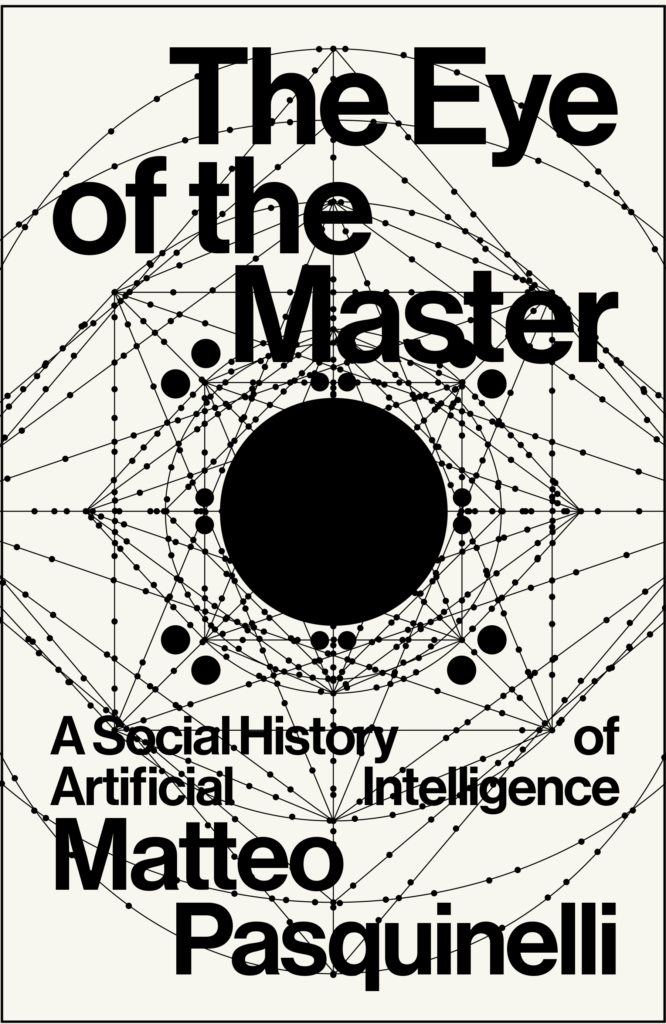Matteo Pasquinelli
ON THE RUINS OF THE POSTFORDIST CITY
Seminar
Berlage Institute – PhD seminar series 2010
Rotterdam. Thursday 20th of May, 15.00 – 18.00 hrs.
www.berlage-institute.nl
At the twilight of the society of the spectacle, a dense material economy is discovered at the core of cultural production. Debord’s controversial aphorism can finally be reversed: “The capital is spectacle to such a degree of accumulation that it becomes a skyline of cement”. After decades of parallel evolution, two strata of recent history have converged in a unique dispositif: the urban revolution (as Lefebvre described the city in the 1960s, a motor of autonomous production and capital accumulation) and the cultural industry (as the Frankfurt school inaugurated the transformation of culture in business and ‘deception’). The name of this newborn chimera is ‘creative cities’ — an asymmetrical chimera, as the mask of culture is used to cover the hydra of concrete and real-estate speculation. The chimera of cultural cities is a complex machine, no longer based on the opposition between high and low culture that was central to the Frankfurt School canon of the culture industry. Specifically, culture production is today a biopolitical machine where all aspects of life are integrated and put to work, where new lifestyles become commodities, where culture is considered an economic flow like any other and where, in particular, the collective production of imaginary is quickly hijacked to increase the profits of corporate business. [From: ‘Beyond the Ruins of the Creative City’]
Readings:
- Matteo Pasquinelli, ‘Beyond the Ruins of the Creative City: Berlin’s Factory of Culture and the Sabotage of Rent’, in: KUNSTrePUBLIK (ed.), Skulpturenpark Berlin_Zentrum (Berlin: Verlag der Buchhandlung Walther König, 2010) [PDF].
- Matteo Pasquinelli, Animal Spirits: A Bestiary of the Commons (Rotterdam: NAi Publishers, 2008), ch. 3, ‘Creative Sabotage in the Factory of Culture: Art, Gentrification and the Metropolis’ [web].
- David Harvey, ‘The Art of Rent: Globalization, Monopoly and the Commodification of Knowledge’, in: Spaces of Capital: Towards a Critical Geography (Edinburgh: Edinburgh University Press, 2001) [web].
- Michael Hardt and Antonio Negri, Commonwealth (Cambridge, MA: The MIT Press, 2009), ch. ‘De Corpore 2: Metropolis’, p. 249.
—
Further readings:
- Brian Dillon, ‘Decline and Fall’, Frieze #130, Apr. 2010 [web].
- ‘New Romantic’, interview with C. Gaillard, Frieze #130, Apr. 2010 [web].
- Wietske Maas and Matteo Pasquinelli, ‘The City Devouring Itself: Urbanibalism in Times of World Wars, Insurgent Communes and Biopolitical Sieges’, in: J. Seijdel and L. Melis (eds), Open #18: 2030 – War Zone Amsterdam (Rotterdam: NAi Publishers, 2009) [PDF].


